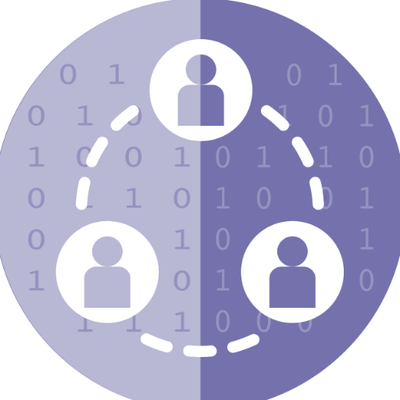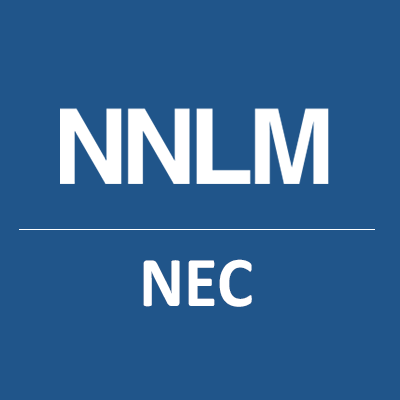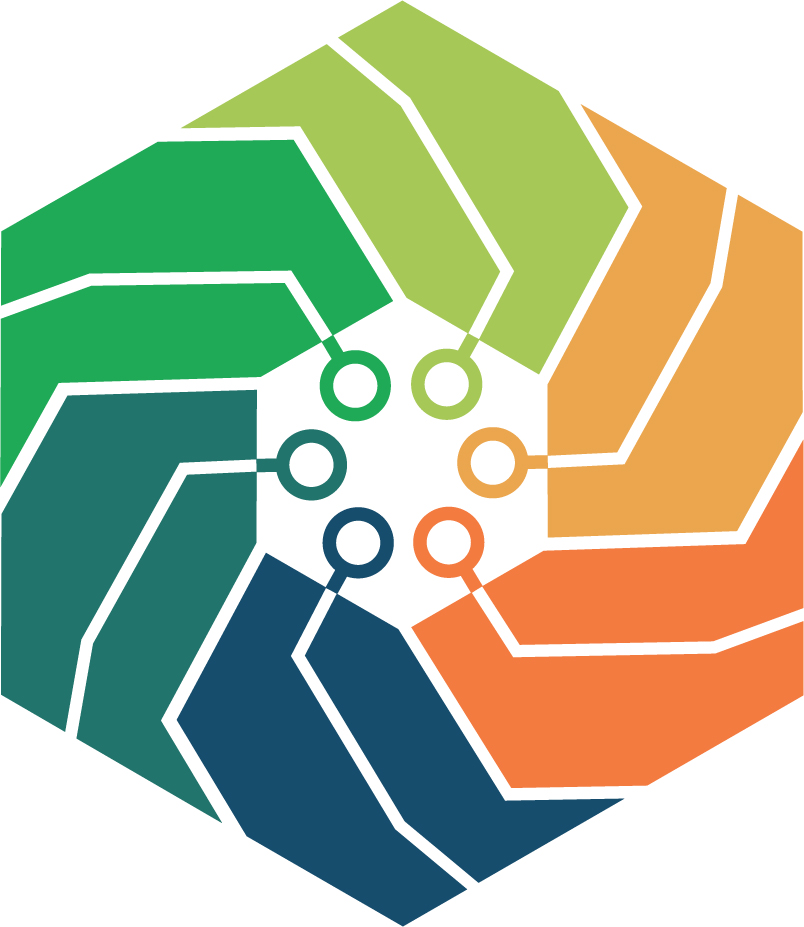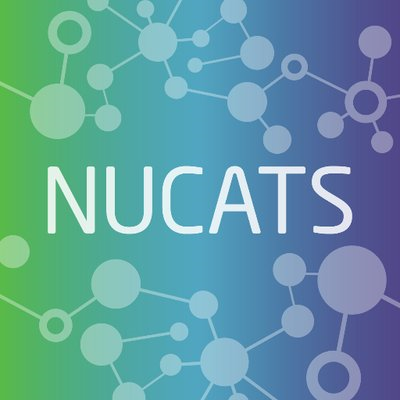Galter has expanded its research portfolio significantly over the past decade and currently leads or contributes to well over $100 million of extramural projects from federal and philanthropic sources. These collaborative research efforts catalyze new opportunities and partnerships on topics such as research data infrastructure and services; program evaluation and research impact; technology ethics and research integrity; open science, systematic and scoping reviews; and a range of topics that intersect clinical and translational science.
Examples of Galter's Departmental Research Support
- Systematic & Scoping Review Services (Research & Information Services Department)
Team members also regularly collaborate to promote medical students’ investigative expertise and scientific stature, such as through the Area of Scholarly Concentration (AOSC) program, which has resulted in peer-reviewed publications and conference presentations such as explorations into pediatric atopic dermatitis and a presentation on state-of-the-science for postpartum depression screening. In all, Research & Information Services team members routinely consult with over 20 Feinberg departments, 6 centers, and a range of students from PhD, Masters, and medical programs.
- Technology Infrastructure and Research Capacity for Research (Digital Systems Department)
 Galter’s Digital Systems Department oversees the DataLab, which supports grant-funded and institutionally-supported efforts that enable innovative research across data life cycles. These efforts promote collaborative innovation, training and development, and connect the Feinberg community to resources for efficiently conducting groundbreaking research at scale. For example, the team is partnering with the California Digital Library (CDL) and the Association of Research Libraries (ARL) to pilot test a new version of the DMP Tool that generates machine-actionable data management and sharing plans (maDMSP). This will help to automate processes and thereby reduce researcher and administrative burden for developing and disseminating NIH data management and sharing plans. Through this research initiative and others, Digital Systems Department team members are innovating new technological approaches to promote open science and build a more robust research ecosystem.
Galter’s Digital Systems Department oversees the DataLab, which supports grant-funded and institutionally-supported efforts that enable innovative research across data life cycles. These efforts promote collaborative innovation, training and development, and connect the Feinberg community to resources for efficiently conducting groundbreaking research at scale. For example, the team is partnering with the California Digital Library (CDL) and the Association of Research Libraries (ARL) to pilot test a new version of the DMP Tool that generates machine-actionable data management and sharing plans (maDMSP). This will help to automate processes and thereby reduce researcher and administrative burden for developing and disseminating NIH data management and sharing plans. Through this research initiative and others, Digital Systems Department team members are innovating new technological approaches to promote open science and build a more robust research ecosystem.
- Publication and Collaboration Reports (Research Assessment and Communications)
The Research Assessment and Communications Department supports research proposals and activities by providing expertise in bibliometrics and alternative metrics, information visualization for research assessment, and advisory services for increasing the visibility and accessibility of research in a digital environment. These efforts support faculty, students, and staff in developing successful publishing strategies and determining their research impact in multiple ways: community and social engagement, predicting and measuring intervention effects, summarizing research productivity, and more. For example, the department leverages Prism, Feinberg’s institutional repository, to promote discovery and recognition of scholarship that can help researchers build their portfolios and expand their networks. Departmental team members make their expertise available to the Feinberg community via online resources, group education, and individual consultations.
Grant Activities Based at Galter Library
 Network of the National Library of Medicine (NNLM) Evaluation Center (PI: Kristi Holmes)
Network of the National Library of Medicine (NNLM) Evaluation Center (PI: Kristi Holmes)
The NNLM National Evaluation Center is charged with using evaluation and continuous improvement to support NNLM’s mission to advance medical progress and public health by providing equitable access to biomedical information. Galter leverages its unique strengths to build capacity, integrate open processes, and evaluate impact for this national network.
- Generalist Repository Ecosystem Initiative (PI: Kristi Holmes)
The Generalist Repository Ecosystem Initiative (GREI) aims to enhance data management and sharing through the integration of generalist repositories within the NIH data ecosystem. This research aligns with the NIH Strategic Plan for Data Science and seeks to establish consistent capabilities and services across repositories.  GREI also promotes the adoption of FAIR (findable, accessible, interoperable, reusable) principles for better data sharing and reuse. The project’s objectives include developing cooperative governance, ensuring data quality, training users, and providing usage analytics to the NIH. Galter partners with the Zenodo repository team and the InvenioRDM open source community through a strong collaboration with CERN, to complete the objectives or GREI and also contribute to leadership of the collaborative effort.
GREI also promotes the adoption of FAIR (findable, accessible, interoperable, reusable) principles for better data sharing and reuse. The project’s objectives include developing cooperative governance, ensuring data quality, training users, and providing usage analytics to the NIH. Galter partners with the Zenodo repository team and the InvenioRDM open source community through a strong collaboration with CERN, to complete the objectives or GREI and also contribute to leadership of the collaborative effort.
- Northwestern University Clinical and Translational Sciences (NUCATS) Institute (MPIs: Rich D'Aquila, Sara Becker, Clyde Yancy)
 Since its inception in 2008, the NUCATS Institute has developed a robust infrastructure for clinical and translational research, and was recently awarded $55 million to extend its work. Notably, Galter is the only health services library embedded within a Clinical and Translational Science Awards (CTSA) hub. Galter’s unique position within NUCATS has enabled our staff to make significant contributions in training, translational research, evidence synthesis, open science and more. Galter provides leadership of both evaluation and informatics and data science, and collaborates on a range of different activities to support the strategic management of the institute.
Since its inception in 2008, the NUCATS Institute has developed a robust infrastructure for clinical and translational research, and was recently awarded $55 million to extend its work. Notably, Galter is the only health services library embedded within a Clinical and Translational Science Awards (CTSA) hub. Galter’s unique position within NUCATS has enabled our staff to make significant contributions in training, translational research, evidence synthesis, open science and more. Galter provides leadership of both evaluation and informatics and data science, and collaborates on a range of different activities to support the strategic management of the institute.
- Northwestern University Recruitment to Transform Under-Representation and achieve Equity (NURTURE) (MPIs: Melissa Simon, Clyde Yancy, Eric Perreault)
NURTURE employs a faculty cohort model for enhancing the diversity of tenure-track biomedical faculty toward creating a culture of inclusive excellence. NURTURE aims to disrupt systemic barriers that impede full participation of women and underrepresented groups among faculty by investing in inclusive cultural change at Feinberg. Galter provides leadership to the Planning and Evaluation Core, and provides evaluation services and resources to continually monitor impact and progress.
- The Chicago Cancer Health Equity Collaborative (ChicagoCHEC) (PI: Melissa Simon)
ChicagoCHEC provides the infrastructure and cohesive network necessary to catalyze the complementary strengths of a collaboration between Northwestern University, University of Illinois Chicago, and Northwestern Illinois University to collaboratively promote cancer health equity. Research, training, education, community outreach, and strong minority and underrepresented student and faculty presence directly impact the research scientist workforce and increase cancer disparities research and outreach. Galter team members provide leadership to ChicagoCHEC’s Planning and Evaluation Core and contribute to the evaluation efforts to continually monitor impact and progress.
- FIRST-DailyLife / Core Center for Clinical Research at Northwestern University (PI: Leena Sharma)
FIRST-DailyLife’s mission is to promote research that improves the lives of persons with or at risk for rheumatic diseases and musculoskeletal conditions. FIRST-DailyLife accomplishes this by: 1) accelerating and enhancing funded research that improve efficiency, cost- effectiveness, productivity, collaboration, rigor, and impact; 2) catalyzing and adding value to all relevant research at Northwestern University; and 3) promoting new research through expanding the community working in these areas. Galter team members provide evaluation services and resources to continually monitor impact and progress.
Updated: November 7, 2024